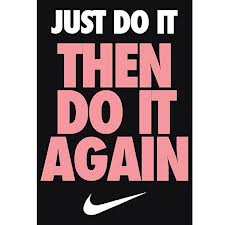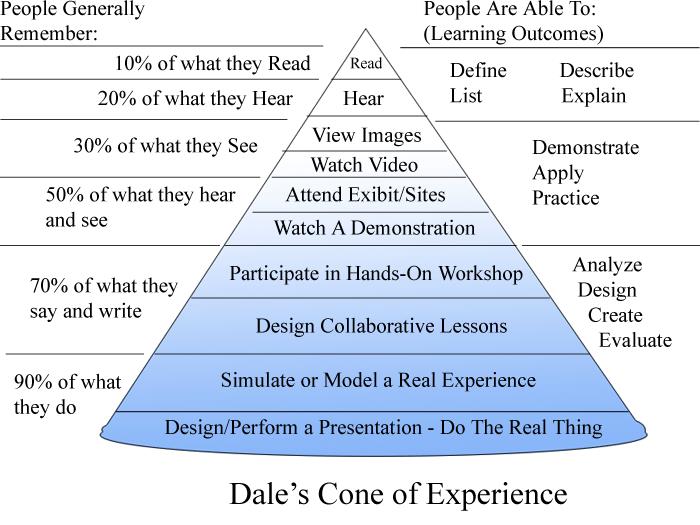 “Experiential education is so valuable because it integrates doctrinal knowledge, technical skills and professional values. The integration only becomes pedagogically effective though, if students can reflect on their experiences under the guidance of experienced teachers.” – Dean Fischer of St. Thomas University
“Experiential education is so valuable because it integrates doctrinal knowledge, technical skills and professional values. The integration only becomes pedagogically effective though, if students can reflect on their experiences under the guidance of experienced teachers.” – Dean Fischer of St. Thomas University
One cause of the US law schools’ continuing drop in student applications is their educative quality. Many law schools delivers students with too little practical legal expertise. The cost:value equation of law school is often lost.
Experiential learning could provide the solution. Why is experiential learning so important and yet so difficult to achieve in today’s legal education and training?
Important
Learning is not a spectator sport. In 1946 educator Edgar Dale developed the cone of experience (see illustration below). It illustrates the poor learning effects of activities like reading or listening to lecturers. On the other hand getting experience as a learning activity results in a strong increase of effectiveness of learning activities.
A law school like the Daniel Webster Scholar Honors Program understands the importance of experiential learning. It offers what used to be the only experiential learning based bar licensing program in the US. Increasingly, other schools are jumping on the bandwagon. This summer Boston college law school will open its new Center for experiential learning. A school like Whittier law school recently opened its courtroom and offers an innovative experience the law program.
Donors are helping too. The University of Colorado received a $5 mio. gift to help fund the Schaden chair in experiential learning. The University of Tulsa received a grant to establish an experiential learning centre.
Difficult
What makes it so difficult to introduce experiential learning? Legal education is a very traditional field. Tradition and comfort zones make it difficult to introduce let alone implement changes.
Lecturers and administrators are reluctant to leave their comfort zones and try something adventurous. Besides, many lecturers do not have practical experience themselves. How can they then teach their students how to become practice-ready lawyers?
This might explain why according to a 2013 LSSSE[1] finding 43% of third-year students reported they had not had clinical experience or performed pro bono work.
Conclusion
Last week professor Mae C. Quinn declined her award of being the “experiential professor of the year”. She elegantly argued that express ghetto-ization of experiential teaching would not help to improve legal teaching. It is clearly still a long way off until long needed experiential teaching is common in law school.
[1] Law School Survey of Student engagement

